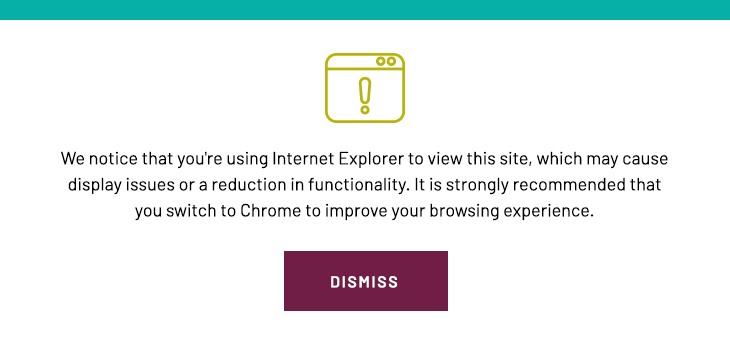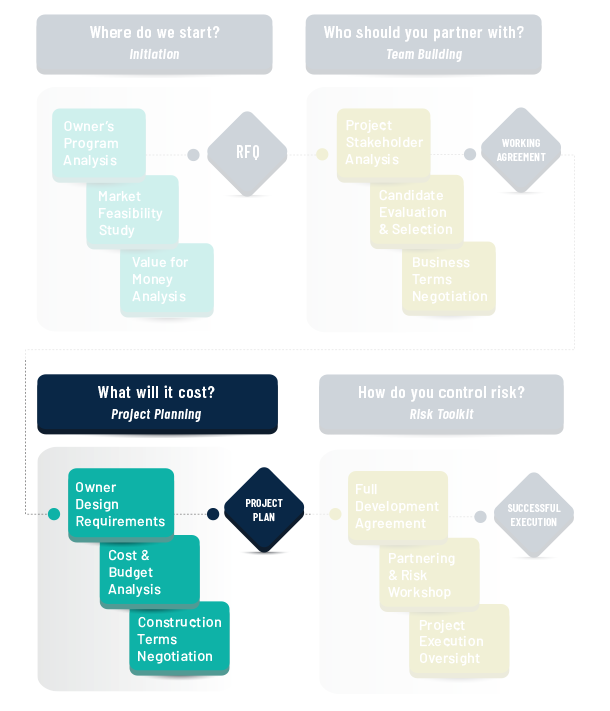


Taking the design from owner requirements and conceptual definition through to a constructible design is a lengthy and iterative process. As the private partner works through the design process, there remain multiple areas of interface with the public partner. The design must remain consistent with the owner program requirements and provide the intended benefit to the public partner. As the design progresses, regular evaluation of constructibility and value engineering opportunities should be conducted to ensure the project is designed to maximize the return on investment. Areas of interface between private and public infrastructure should be evaluated for consistency with public standards, usability, maintainability, and future use. Regular review of the design progression should be expected, and proactive communication and issue resolution procedures should be implemented on comments from the public partner.
In order to get final approvals to commence construction, a project budget must be developed and validated. Budget items associated with delivering the project go beyond just the design and construction costs. A broader look at the entire endeavor needs to be used to develop the overall program budget, to include management, finance, staffing, FFE, property disposition, easement and encroachment, regulatory compliance, and environmental costs. The design and construction costs must be estimated, modeled, and iteratively evaluated as the design progresses to ensure the owner is not presented with a discouraging surprise late in the procurement process. In addition, cost uncertainty and risk must be actively evaluated to establish contingency funds and management reserves sufficient to support the project into the operations phase.
The execution phase of the construction project will introduce new variables into the partnership that require a negotiated agreement. This includes how the project will be managed overall, how the project team will work together to execute the project, and how the payment process will work to reduce risk to the owner while ensuring timely cash flow to the private partner to maintain the schedule. The schedule must also be managed to ensure timely completion of construction. An accepted method of reporting schedule progress will need to be determined as well as how schedule slippage and recovery schedules will be addressed and what the process is for submitting alternates to the design or proposed change orders. Establishing the ground rules for execution and an agreed process for the measurement and communication of key project metrics is an important step towards successful completion. Reviewing the details and addressing gaps and deviation from industry best-practices is an area where subject matter experts can assist owners in preventing issues during the construction process.
